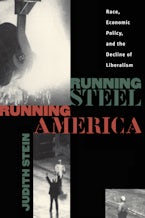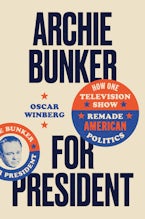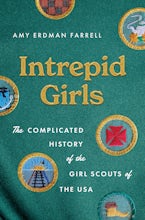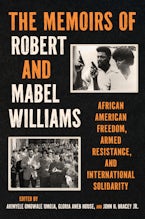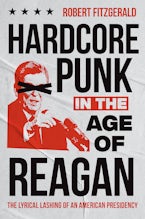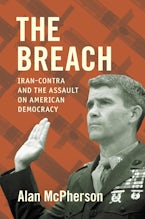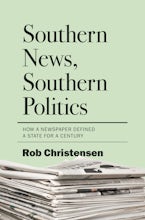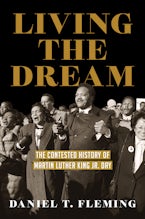Running Steel, Running America
Race, Economic Policy, and the Decline of Liberalism
Published by The University of North Carolina Press
Publication date: October 05, 1998
ISBN 9780807847275
432 Pages, 6.00 × 9.00 in, 18 illus., notes, index
432 Pages, 6.00 × 9.00 in, 18 illus., notes, index
Buy from …
Other Retailers:

